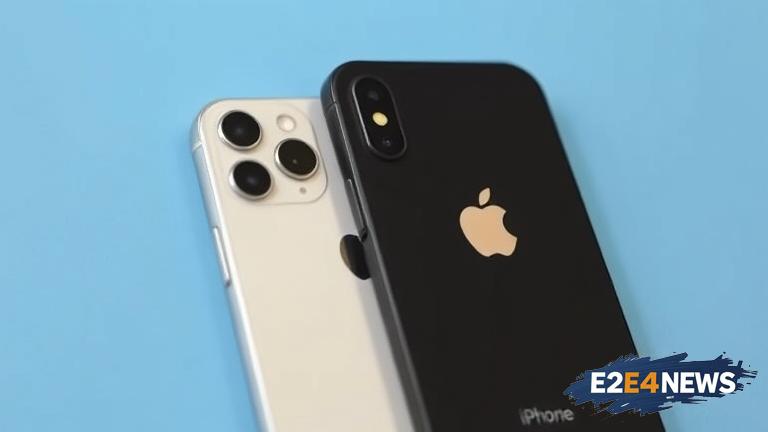The Delhi High Court has made a landmark ruling in a customs fraud case, stating that the import of counterfeit iPhones into India not only infringes on Apple’s trademark rights but also dilutes the brand’s equity and negatively impacts consumer welfare. The court’s decision is a significant blow to counterfeiters who have been flooding the Indian market with fake iPhones. The case highlights the growing concern of counterfeit goods in India, which not only hurts the economy but also poses a risk to consumers. The Delhi High Court’s ruling is a testament to the Indian judiciary’s commitment to protecting intellectual property rights and promoting fair trade practices. The court noted that the import of counterfeit iPhones is a serious issue that affects not only Apple’s brand reputation but also the overall consumer experience. The counterfeit iPhones, which are often made with cheap and substandard materials, can pose a risk to consumers’ safety and security. Furthermore, the court observed that the counterfeit iPhones are often sold at a lower price than the genuine products, which can deceive consumers into buying fake goods. The court’s decision is a warning to counterfeiters that they will be held accountable for their actions. The ruling also underscores the importance of consumer welfare and the need to protect consumers from counterfeit goods. The Delhi High Court’s judgment is a significant development in the fight against counterfeiting in India. The court’s decision is expected to have far-reaching implications for the Indian market, where counterfeit goods are a major concern. The ruling is also a victory for Apple, which has been actively working to protect its brand and intellectual property rights in India. The company has been collaborating with Indian authorities to crack down on counterfeiters and protect consumers. The Delhi High Court’s decision is a testament to the effectiveness of this collaboration. The court’s ruling is also a reminder that counterfeiting is a serious issue that affects not only businesses but also consumers and the economy as a whole. The Indian government has been taking steps to combat counterfeiting, including the establishment of a national intellectual property rights policy. The Delhi High Court’s decision is a significant step forward in this effort. The court’s judgment is a clear message to counterfeiters that they will not be tolerated in India. The ruling is also a warning to consumers to be cautious when buying goods, especially electronic products like iPhones. The court’s decision is a significant development in the fight against counterfeiting and is expected to have a positive impact on the Indian market. The Delhi High Court’s ruling is a testament to the Indian judiciary’s commitment to protecting intellectual property rights and promoting fair trade practices. The court’s decision is a victory for consumers, who will be protected from counterfeit goods. The ruling is also a reminder that counterfeiting is a serious issue that affects not only businesses but also consumers and the economy as a whole.
